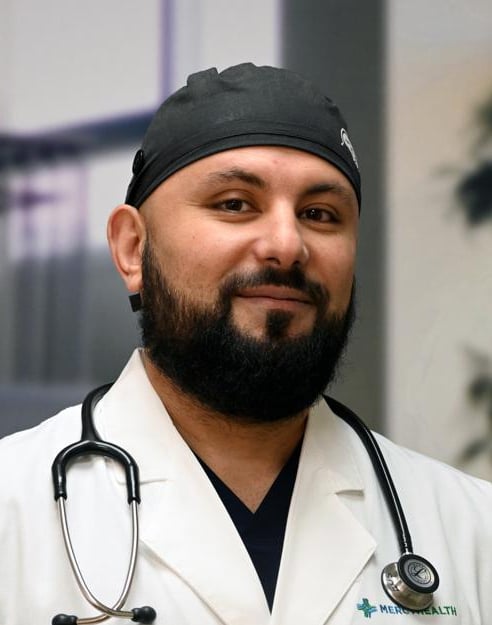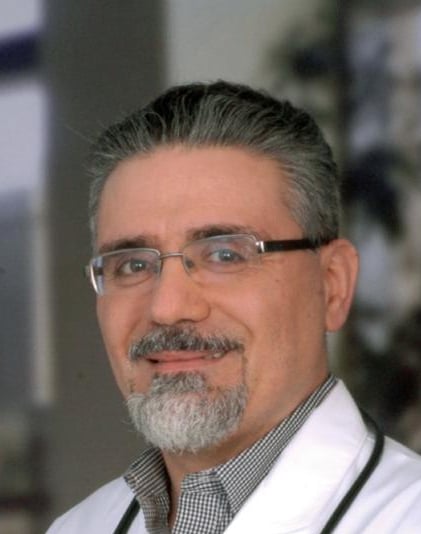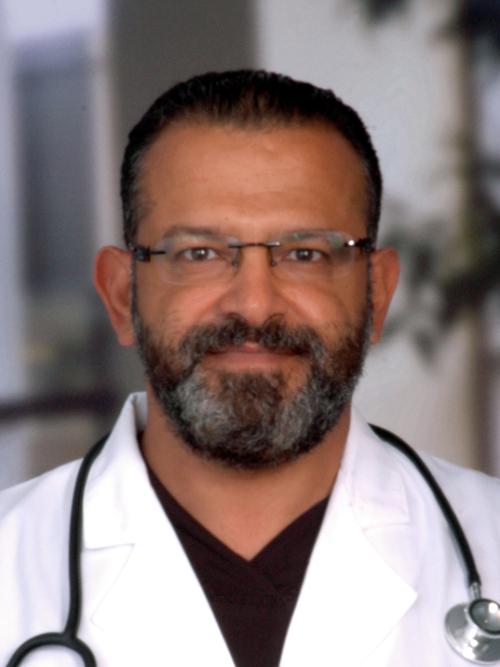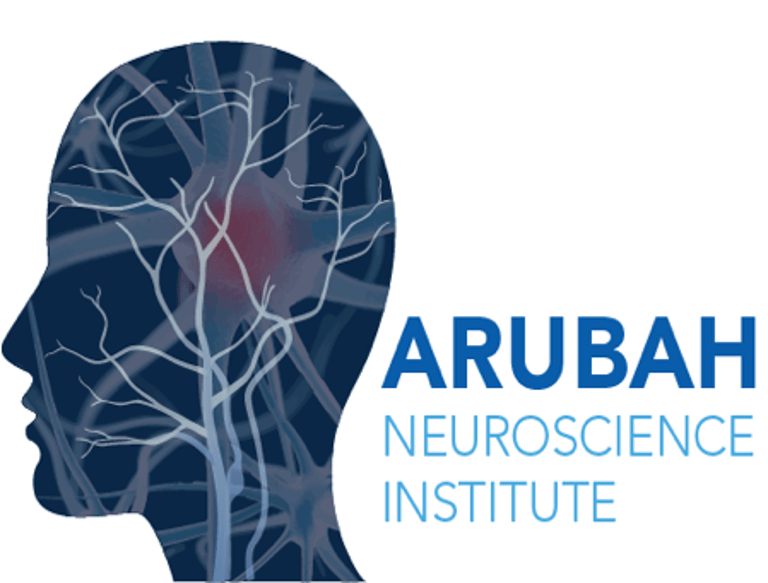Architects of Excellence: Building World-Class Stroke & Neuroscience Programs
In the critical field of neuroscience, where minutes mean brain cells, expertise alone is not enough. It requires a proven blueprint for success, the leadership to execute it, and a track record of transforming healthcare infrastructure. This is the unique partnership offered by Dr. Ayman Gheith, Dr. Akram Shhadeh, and Dr. Islam Tafish.
Our Physicians


Ayman Gheith, MD
Ayman Gheith, MD. , is an established physician with Arubah Neuroscience Institute PLLC.
" I am proud to be a part of Arubah Neuroscience where we place our patients and their health and well-being at the center of our mission. We strive to hold ourselves to the highest standards using cutting edge technology and evidence based medicine practices to achieve this goal. We pride ourselves on our collaborative multidisciplinary approach to patient care that is both compassionate and patient focused as well as being evidence based. It is truly humbling to be a part of helping restore health to another fellow human being, we here at Arubah Neuroscience Institute are and will be forever grateful to our patients and their families for their trust in us."
With over 15 years of experience, Dr. Gheith is board certified by the American Board of Psychiatry & Neurology in the fields of Neurology and Vascular Neurology as well as by the American Board of Neurological Surgery in the field of Interventional Neurosurgery . Dr. Gheith did his medical training at the Medical College of Wisconsin Affiliated Hospitals in Milwaukee Wisconsin where he completed his neurology residency as well as his fellowships in vascular neurology and endovascular surgical neuroradiology. Dr Gheith has since served as a consultant vascular and interventional neurologist in several hospitals in Wisconsin, Ohio, Illinois, and Florida. Dr. Gheith has several publications and abstracts and has been a sub-investigator in multiple clinical trials.


Akram Shhadeh, MD, MBA is an established neurologist with Arubah Neuroscience Institute PLLC.
“Our team culture promotes collaboration and a multidisciplinary approach. Our physicians lead clinical research trials to help the patient the best we possibly can. I’m very proud to be an Arubah physician. I’m proud to be in a place where patients can come and get the best treatment for their complex cerebrovascular disease. We have the reputation for being innovative and on the front line of technology, and also for being compassionate as we provide complex care to our patients.”, says Dr. Shhadeh.
With over 20 years of experience, Dr. Shhadeh is highly experienced in neurointerventional surgery, strokes, and neuro critical care. He was a neurology representative from Temple University Hospital Donor Program, participated in the Breakthrough Collaborative National Initiative (2005-2006), and was a selected reviewer for The Journal of Stroke and Cerebrovascular Diseases and The Journal of Neuro-imaging. Prior to his current endeavors, Dr. Shhadeh was an Assistant Professor of Neuroradiology and Stroke Fellowship Director in Oklahoma City, and Director of Neurointerventional Services at Aurora Health Care in Milwaukee. He was also director of Neurocritical care and stroke in Florida, and Clinical Assistant Professor of Neurology in Illinois. He was honored with the Mrs. Jerry L. Goldstein Temple Award for Outstanding Research in Cerebrovascular Disease by Temple University Hospital and The Physician Recognition Award by Temple University Hospital.
“I have been always fascinated by neuroendovascular procedures and techniques. They enable us to treat abnormal neck and brain vessels by minimally invasive techniques through a catheter. This shortens the time of stay in the hospital. It’s a safer and more durable treatment”, states Dr. Shhadeh about his work.
Akram Shhadeh, MD, MBA


Islam Tafish, MD
